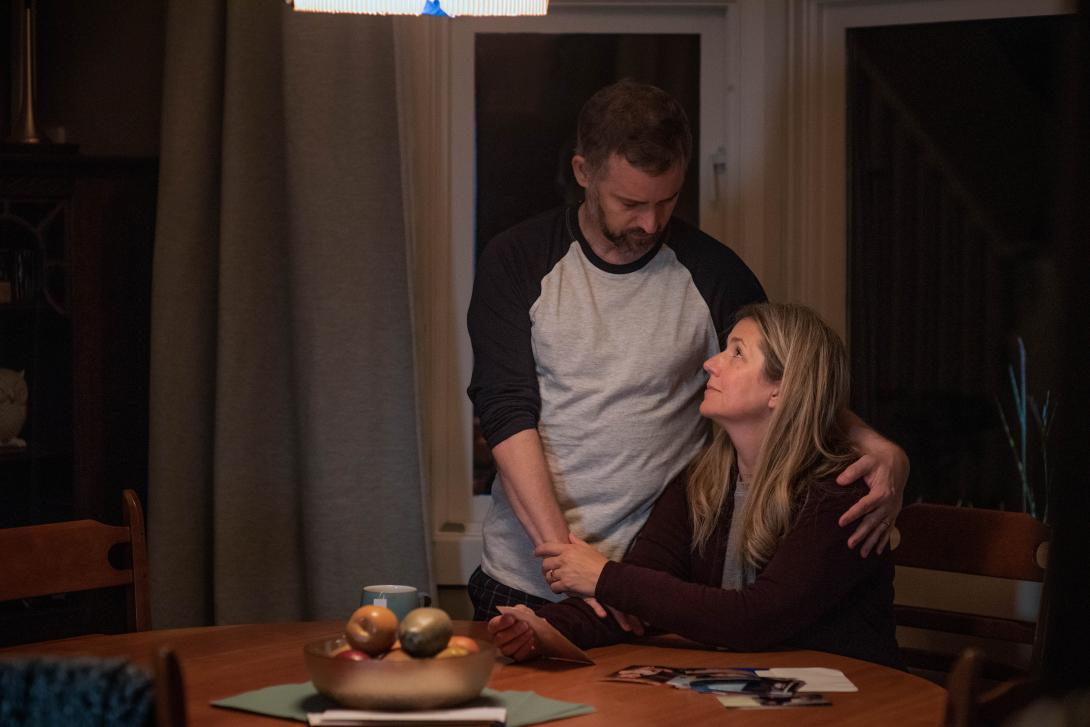Look out for
yourself, too.

If you want to be there for someone who needs you, you need to look after yourself. Running yourself ragged or trying to do too much can lead to compassion fatigue or burnout. Make sure to take time for yourself and remember there are supports and services available for you, too. You’re probably not a therapist or a doctor—you don’t have to be an expert. There are resources available.
It’s important to make your own wellness a priority, even if you’re working hard to support someone else. You deserve to be safe and healthy too. And if you run out of energy, it will be harder to provide support where and when it’s needed.
Make space
for yourself.
Think about the things you do to look after yourself. Are you taking enough time to keep yourself healthy, safe and grounded? Are there things you’d like to make time for? What’s getting in the way? If a conversation gets to be too much, it’s okay to take a break.
Know what you can
and can't control.
When you’re helping someone else, it can be easy to start feeling responsible for everything that happens. But many things, like the actions of others, are out of our control. Focus on the positive impacts you’re having. Healthy boundaries promote compassionate connections.
Be clear and
honest about
how you
can help.
Before you commit to something, check in with yourself. Do you have the time and resources you need? Think about what you can offer—can you help with research, appointments, record-keeping? Don’t promise to solve problems you can’t solve, and be honest with yourself about what you can do.
Find supports
for yourself
and for
others.
Look into the services that might help you—there are support groups and services available for supporters, too. And if there’s a problem you can’t help with directly, you might be able to provide information about services to someone in need.
Changing your approach isn’t giving up.
If you start to feel overwhelmed or at a loss, take a step back and ask yourself what’s not working. Have you tried to take on too much? Do you need to change your approach? It’s okay to press pause or adjust your responsibilities. Be honest with the people around you and let them know what’s going on with you. Your honesty might even help them open up.